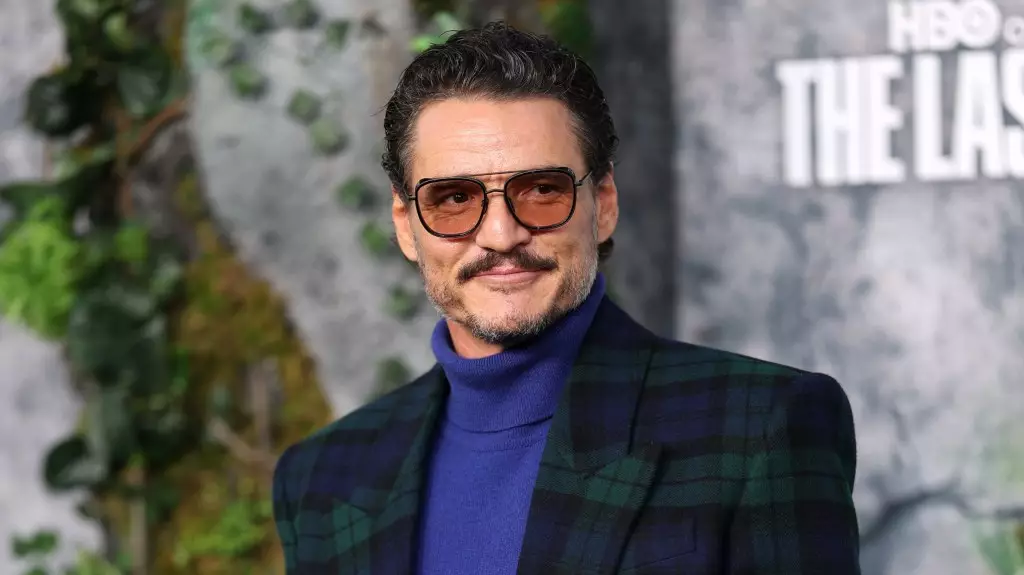The landscape of superhero films is eternally shifting, saturated with various interpretations of beloved characters. In this turbulent environment, Pedro Pascal’s venture into the Marvel universe with “The Fantastic Four: First Steps” is far more than just a role; it’s a bold leap into an abyss. Set for release on July 25, this film is a significant undertaking—not just as an artistic endeavor but as an emotional trial for Pascal, who portrays Reed Richards or Mister Fantastic. The weight of expectation that comes with stepping into such a pivotal role highlights a crucial discussion about the pressure artists face when tasked with reviving iconic characters for contemporary audiences.
The Shadows of Historical Context
What makes this iteration stand out is its choice of setting: a retrofuturistic ’60s backdrop that both intrigues and intimidates. This decision is not merely stylistic but symbolic, as it forces viewers to reckon with implications of the past while engaging with contemporary social dynamics. Pascal’s admission of intimidation speaks volumes about the inherent struggles in balancing authenticity with audience expectations. This friction captures the essence of modern storytelling—it is not enough to simply recreate; one must innovate while respecting the source material. Pascal grapples with the daunting legacy of characters that have evolved since their comic origins, and the question arises: how do we define these characters today without diminishing their historical significance?
Character Evolution vs. Historical Accuracy
Co-star Joseph Quinn’s perspective on the character of Johnny Storm also bears examination. His assertion that the portrayal must pivot away from the womanizing archetype of previous interpretations resonates deeply with a society that has become increasingly aware of interpersonal dynamics and consent. This modern twist on character development underscores a vital aspect of storytelling in the 21st century: the need for self-awareness. While the 2005 version may have succeeded as pure escapism, Quinn’s characterization aims to carve out a space where dynamics between characters are reflective of current societal values—an endeavor that is not only brave but necessary.
More Than Just Entertainment
At the heart of Pascal’s reflections lies a critical tension: the desire to entertain versus the responsibility to represent. It’s easy to dismiss superhero films as mere entertainment, but this genre often serves as a lens through which societal values are scrutinized. Pascal’s acknowledgment of the need for authenticity suggests that actors are, indeed, cultural representatives. As they manifest these characters on screen, they also bear the weight of shaping audiences’ understanding of heroism itself. This creates an ethos where characters must evolve alongside society—a monumental task that Pascal and his co-stars appear ready to embrace.
Given this precarious balance between nostalgia and innovation, Pascal’s journey into the Marvel Cinematic Universe embodies both an artistic struggle and a cultural imperative. His experience reflects a broader movement within the entertainment industry, where creators increasingly strive to reflect the complexities of the modern world through the narratives they choose to tell. As fans, we should be vigilant and critical, holding these narratives to a higher standard while embracing the challenging yet essential adventure that lies ahead.


Leave a Reply